This report lists 9 health Beets Benefits And Side Effects, all supported by science.
Beetroots, commonly called beets, are a popular root vegetable used in many cuisines around the world.
What’s more, they’re flavorful and easy to enhance your diet.
Beets boast an impressive nutritional profile.

They’re low in carbs, yet high in valuable vitamins and minerals. In fact, they contain a little nearly all the vitamins and minerals that you need (1).
Here is a Review of the nutrients found at a 3.5-ounce (100-gram) serving of cooked beetroot;
Calories: 44
Protein: 1.7 g
Fat: 0.2 g
Fiber: 2 grams
Vitamin C: 6 percent of the RDI
Folate: 20 percent of the RDI
Vitamin B6: 3% of the RDI
Magnesium: 6 percent of the RDI
Potassium: 9% of the RDI
Phosphorous: 4% of the RDI
Manganese: 16% of the RDI
Iron: 4 percent of the RDI
Beets also contain inorganic nitrates and pigments, both of which are plant chemicals that have a number of health Beets Benefits And Side Effects.
Help Keep Blood Pressure in Check
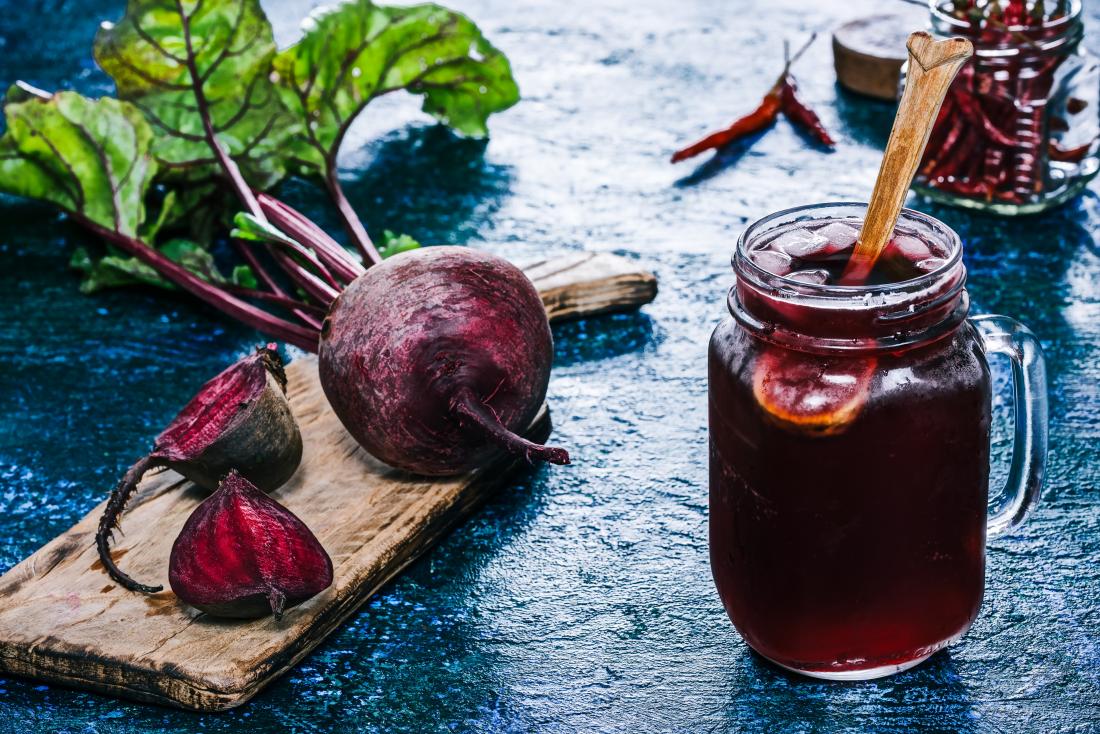
Heart disease, such as heart attacks, heart failure and stroke, is one of the top causes of death globally.
And higher blood pressure is among the leading risk factors for the development of these ailments.
Studies have shown that beets can substantially lower blood pressure by up to 4–10 mmHg over a period of only a few hours
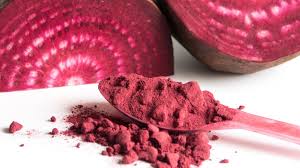
The result appears to be greater for systolic blood pressure, or stress when your heart contracts, instead of diastolic blood pressure, or pressure when your heart is relaxed. The effect may also be stronger for raw beets than cooked beets
These blood pressure-lowering effects are likely due to the high concentration of nitrates in beets. In your body, dietary nitrates are converted to nitric oxide, a molecule which dilates blood vessels, causing blood pressure to fall
Blood nitrate levels stay elevated for approximately half an hour after eating nitrate. Thus, beets only have a temporary impact on blood pressure, and routine consumption Must experience long-term reductions in blood pressure
Can Improve Athletic Performance
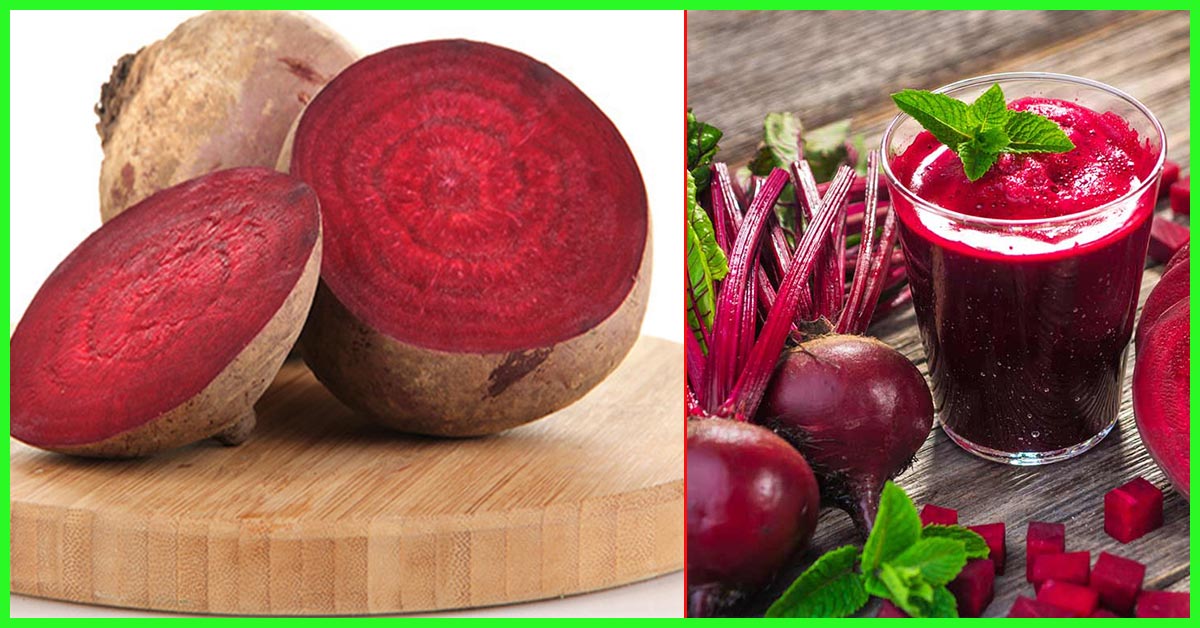
Several studies suggest that dietary nitrates may improve athletic performance.
Because of this, beets are often used by athletes.
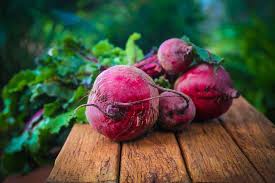
Nitrates Seem to influence physical performance by improving the efficiency of mitochondria, which are responsible for generating energy from your cells
In two studies involving eight and seven guys, consuming 17 oz (500 ml) of beet juice daily for six days extended period to fatigue through high-intensity exercise by 15–25%, which can be a 1–2% increase in overall performance
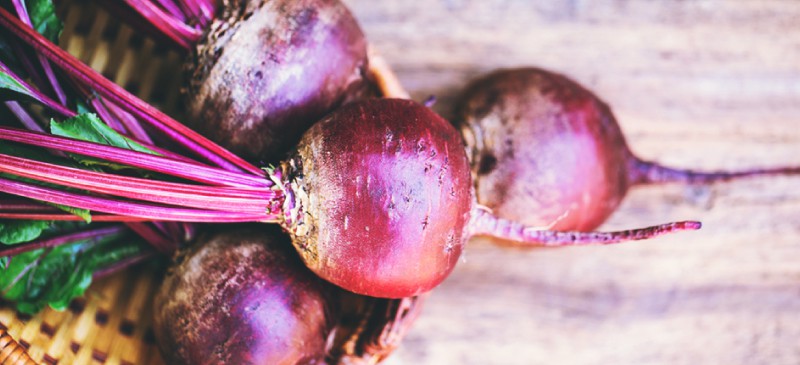
Eating beets can also improve biking and athletic performance and increase oxygen use by up to 20%
One small study of nine aggressive cyclists looked at the impact of 17 oz (500 ml) of beetroot juice on cycling time trial performance within 2.5 and 10 miles (4 and 16.1 km).
Drinking Beets Benefits And Side Effects juice improved functionality by 2.8% over the 2.5-mile (4-km) period trial and 2.7% over the 10-mile (16.1-km) trial
It’s important to note that blood nitrate levels peak within 2–3 hours. Therefore, to optimize their potential, it is Ideal to eat beets 2–3 hours prior to competing or training
May Help Fight Infection
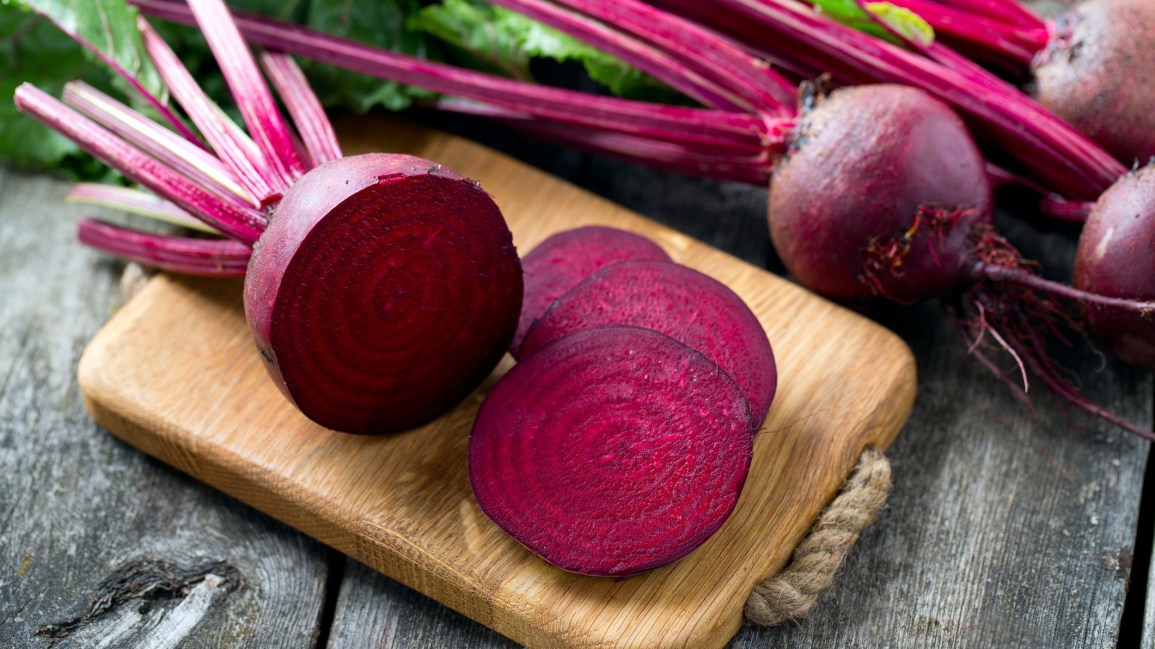
Chronic inflammation is associated with a number of diseases, such as obesity, Cardiovascular Disease, liver cancer and disease
Beets contain pigments called betalains, which may potentially possess a number of anti inflammatory properties
However, most of the research in this area has been conducted in rats.
Beetroot juice and beetroot infusion have been proven to reduce kidney inflammation in rats injected with toxic chemicals known to cause serious injury
1 study in people with osteoarthritis demonstrated that betalain capsules made with beetroot extract decreased pain and distress associated with the condition
While these studies suggest that beets possess an anti-inflammatory effect, human studies are required to ascertain whether beets may be used to reduce inflammation.
Dietary fiber is an important component of a healthy diet.
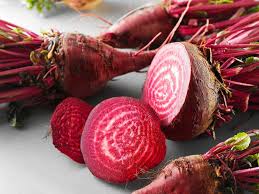
It has been linked to a lot of health benefits, including improved digestion.
1 cup of beetroot Includes 3.4 grams of fiber, which makes beets a good fiber source
This can promote digestive health, keep you regular and stop digestive ailments such as constipation, inflammatory bowel disease and diverticulitis
Moreover, fiber has been linked to a decreased risk of chronic diseases like colon cancer, heart disease and type 2 diabetes
May Help Support Brain Health

Emotional and cognitive functioning naturally decline with age.
For some, this decrease is significant and may result in conditions like dementia.
A Decrease in Blood Circulation and oxygen supply to the brain may contribute to the decline
Interestingly, the nitrates in beets may improve mental and cognitive functioning by boosting the dilation of blood vessels and thus increasing blood circulation to the brain
Beets have been shown to particularly boost blood flow to the frontal lobe of their brain, an area related to higher-level believing, such as decision making and working memory
Furthermore, one study in type 2 diabetics appeared at the impact of beets on response time, which can be a measure of cognitive function.
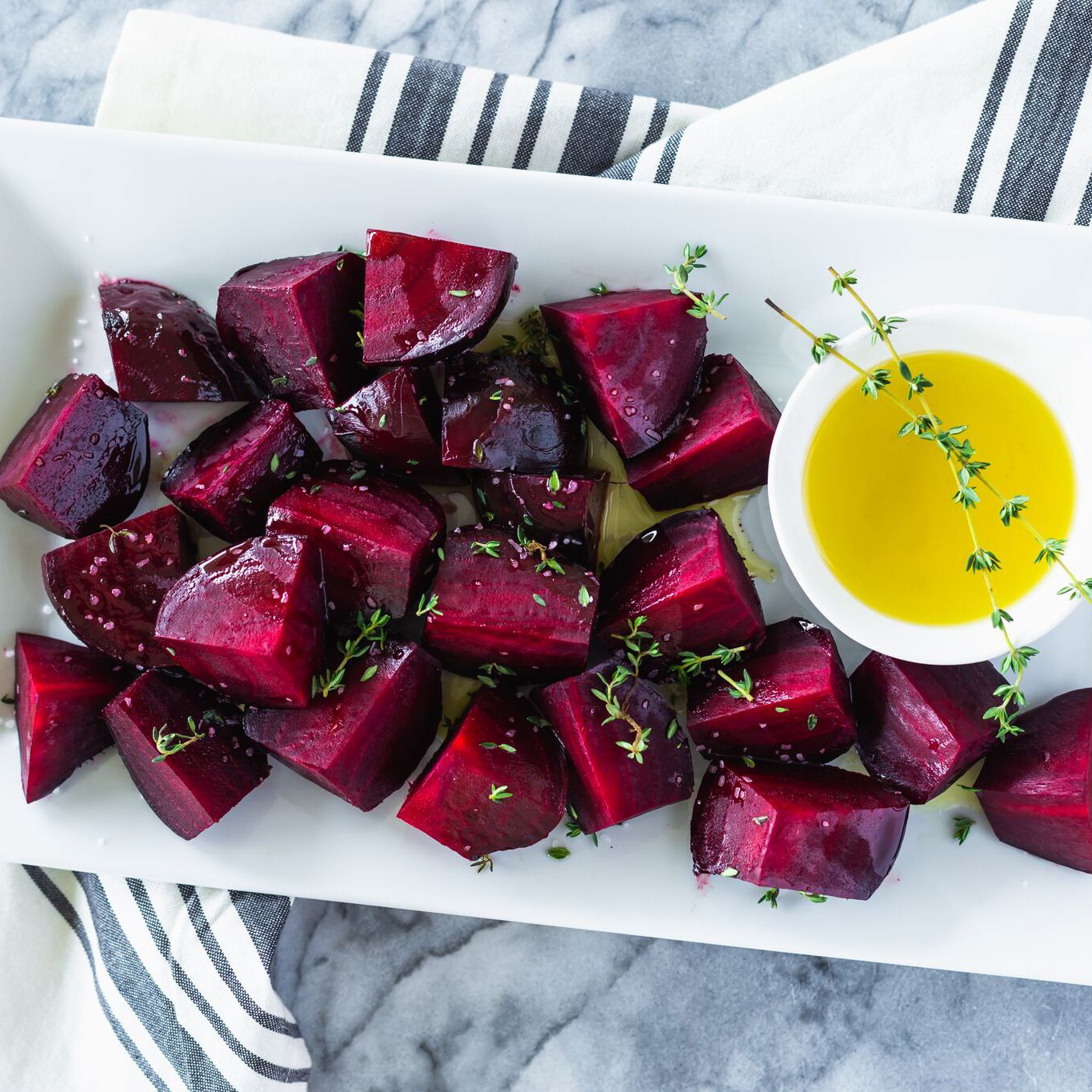
Simple reaction time during a computer-based cognitive functioning evaluation was 4% quicker in people who consumed 8.5 oz (250 ml) of beetroot juice per day for two weeks, in comparison with the placebo
However, if beets could be utilised in a clinical setting to boost brain function and lower the risk of dementia remains to be seen.
May Have Any Anti-Cancer Properties
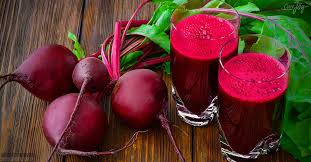
Cancer is a severe and potentially fatal disease characterized by the uncontrolled growth of cells.
The antioxidant content and anti-inflammatory character of beets have led to a fascination with its ability to prevent cancer.
However, the present evidence is rather limited.
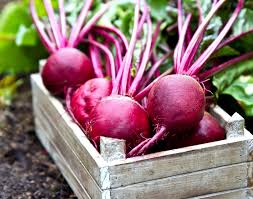
Beetroot infusion has been shown to reduce the division and growth of cells in animals
One test-tube study with human cells found that beetroot infusion, which is saturated in betalain pigments, decreased the growth of prostate and breast cancer cells.
It is necessary to remember that these studies were conducted in isolated human cells and rats. Further study is essential to ascertain whether similar effects could be found in living, breathing humans.
May Help You Lose Weight
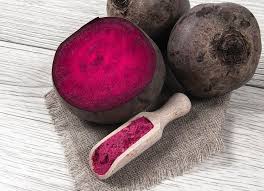
Beets have several nutritional properties that should make them great for weight reduction.
First, beets are low in calories and saturated in water
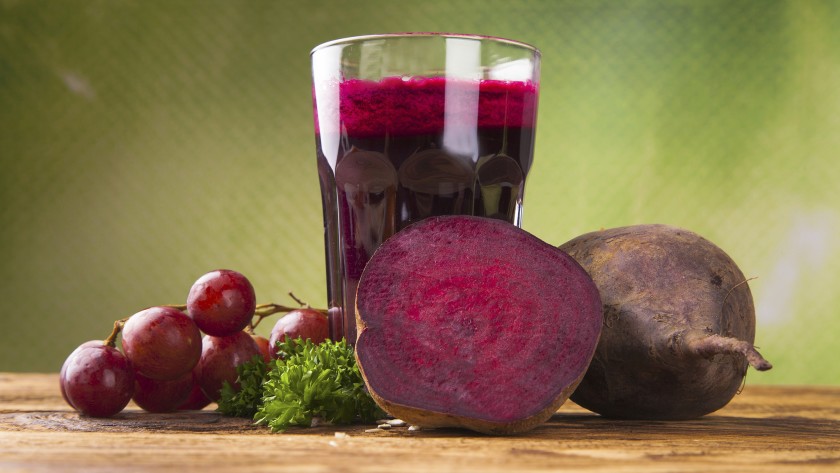
Increasing your intake of low-carb foods like vegetables and fruits has been associated with weight loss
What’s more, despite their low calorie articles, beets contain moderate amounts of fiber and protein. These are equally important nutrients for achieving and maintaining a healthy weight
The fiber from beets may also help promote weight loss by reducing hunger and promoting feelings of fullness, thus reducing overall calorie consumption
While no studies have directly tested the effects of beets on weight, it is likely that adding beets to your diet can aid in weight loss.
Delicious and Simple to Include in Your Diet
This last one is not a health advantage, yet it is still important.
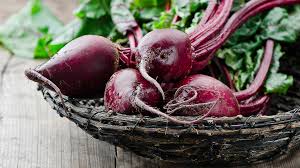
Not merely are beets healthy, but they’re also incredibly delicious and simple to incorporate into your diet.
Furthermore, they can be bought precooked and canned for convenience.
Choose beets that are heavy for their size with refreshing, unwilted green leafy tops still attached.
Dietary nitrates are water soluble, therefore it’s best to avoid boiling beets to maximize their nitrate content.
Here are some delicious and interesting ways to add more beets to your diet:
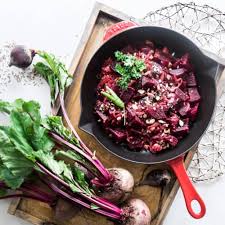
Beetroot salad: Grated beets create a flavorful and colorful addition to coleslaw.
Beetroot dip: Beets blended with Greek yogurt create a flavorful and healthful dip.
Beetroot juice: Fresh beetroot juice is greatest, as store-bought juice may be high in added sugars and may only contain a tiny number of beets.
Beetroot leaves: Beet leaves can be cooked and enjoyed such as spinach, and thus don’t throw them out.
Comments
0 comments

Leave a Reply